By Kamsiyochukwu Mbamalu, Journalism Mentee
French is the language of romance. The way the language rolls off the tongue is set to make one fall in love with it. Irrespective of its global recognition as a language or culture, it’s yet to have its pride of place in Nigeria.
Granted that for 19 long years, Nigeria, just like some of its neighbours, has recognized the French Language in official circles, it has not become as officially important as its lingua franca – English. And this is despite the fact that both are interestingly tagged ‘official’. The question is why isn’t it?
Over the years, French, as the world’s third most spoken Language, has earned its place as one of the major languages for business, recognized in five different continents, including Africa. Most importantly, the African Continental Free Trade Area (AfCFTA) is expected to boost continental trade, an aspiration also anchored on the removal of trade barriers, chief of which is language. French is known to be an official language of international organizations like NATO, UNESCO and UNO, among others. M
Join our WhatsApp ChannelBased on the declaration made by former Nigerian Head of State, the late General Sani Abacha on December 14 1994, French became an ‘official’ language and has been taught at the basic level of education in Nigeria. However, it should be tagged not just in the basic level of education in Nigeria but at all levels. An official policy of government it seems, but it’s yet to have a roll-out, at least in the context of statutory implementation. While it remains uncertain if Abacha’d declaration 19 years ago has been gazetted, linguists have called on the National Assembly to give it a bite in the statutory books.
It is heart-warming that a few private organisations in Nigeria have tried to enlighten the public on the essence of French as an important language for Business, even in West Africa, teaching the language and awarding certificates.
Indeed, why Nigerians and the Federal Government should jump on the bandwagon cannot be overemphasized: Nigeria shares borders with at least five French-speaking countries – Niger, Benin Republic, Togo, Chad and Cameroun – making it imperative for trade. It has become inevitable for Nigerians to trade effectively in these neighbouring countries whose official language is French without a good understanding of the language.
The ECOWAS and its delayed plans to use a single West African currency presuppose that citizens should at least be bilingual to straighten things at micro and macro levels. The same argument goes for the AfCFTA.
In the same vein, giving the French language a pride of place in Nigeria will further strengthen the country’s diplomatic ties with French-speaking neighbours. Nigeria under President Muhammadu Buhari’s administration has already struck long-term government to government deals on development projects with French-speaking Niger on road, rail and oil &gas infrastructure.
Niger Republic President, Mohamed Bazoum on Wednesday, August 3 announced the conferment of the Highest Civilian Awards on six ‘brother Nigerians’, including Africa’s richest man, Alhaji Aliko Dangote and BUA Group’s President Abdulsamad Rabi’u, for helping to “increase better understanding between the two nations.”
The forgoing underscores the belief that knowledge and use of French as a third language for Nigerians will facilitate trade at the micro level and boost economic activities in sub-Saharan Africa. Making this happen is understandably the private responsibility of citizens, yet the government can quicken the language adoption by making it official in letter and deed.
French as a language will actually help Nigeria in its affairs with International organizations, Ronke Owowo, a Lagos-based French teacher said in an exclusive interview with Prime Business Africa.
France is still considered as one of the world powers and strong association with this country in the area of language adoption will be of benefit to Nigeria as a developing third world country.
The Economic Community of West African States (ECOWAS) is made up of 15 countries. More than half of these countries’ official language is French.
As stated earlier, French is also considered official for international organizations. Nigeria is considered to be of affluence in these organizations. The emphasis of French not just among the citizens but government officials and ambassadors will, no doubt, be of benefit. This is still in reference to the eradication of the language barrier to give vent to the effective implementation of the AFCTA and ECOWAS single currency aspirations.
French as a language is the second most spoken language in Europe and is regarded as the language of the future. This is a huge reason why the study of French should not just stop at the basic level of education. It should be in all curricula for all levels and should be a criterion for job applications.
This is the case for the French language in Nigeria!
Kamsiyochukwu Mbamalu is a Journalism Mentee at Prime Business Africa







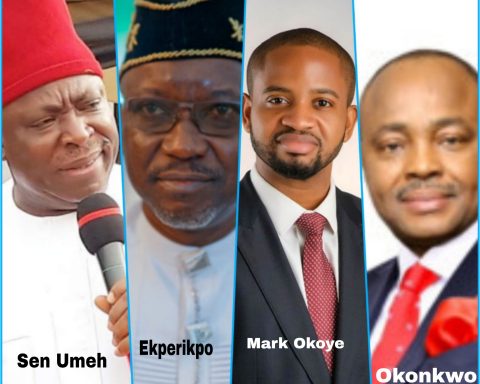
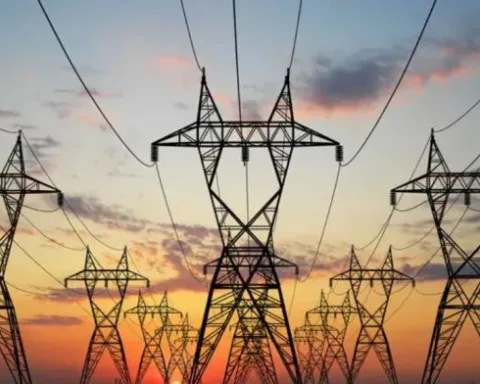
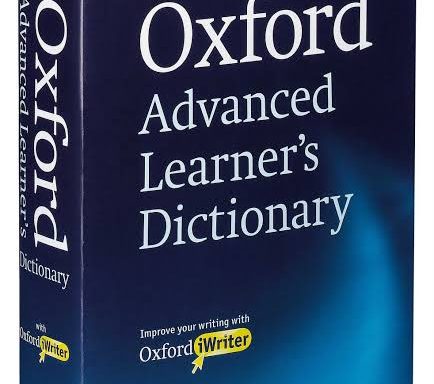


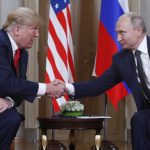
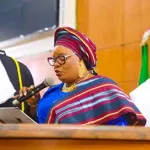
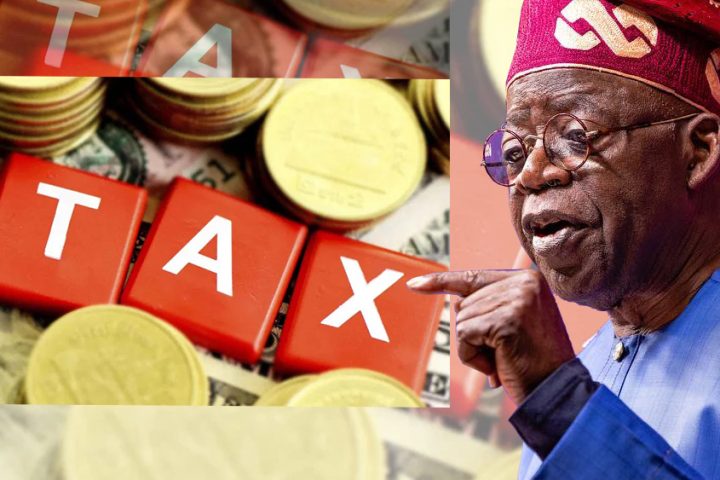
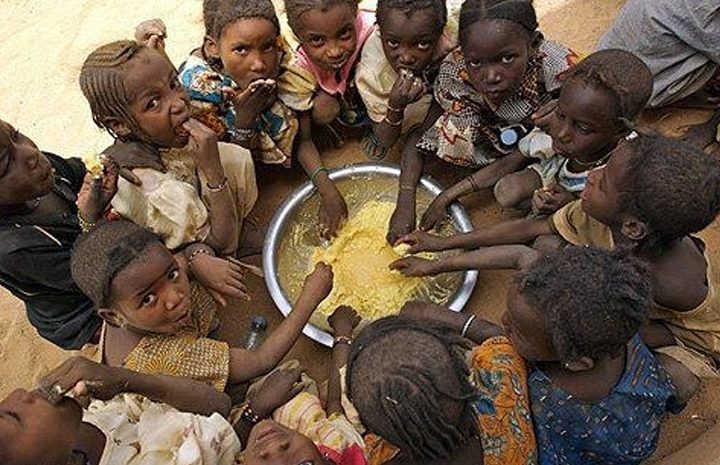
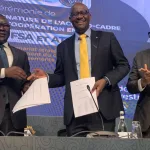
Follow Us